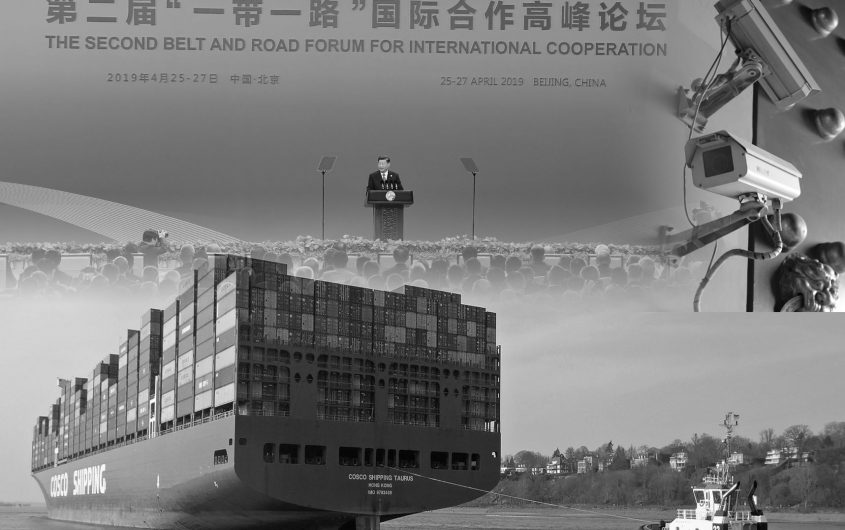
Office of the President of the Republic of Azerbaijan / Skylar Primm / Wolfgang Fricke
Revamping China Policy for The Transatlantic Alliance: Major Issues for the United States and Germany

Yixiang Xu
China Fellow; Program Officer, Geoeconomics
Yixiang Xu is the China Fellow and Program Officer, Geoeconomics at AGI, leading the Institute’s work on U.S. and German relations with China. He has written extensively on Sino-EU and Sino-German relations, transatlantic cooperation on China policy, Sino-U.S. great power competition, China's Belt-and-Road Initiative and its implications for Germany and the U.S., Chinese engagement in Central and Eastern Europe, foreign investment screening, EU and U.S. strategies for global infrastructure investment, 5G supply chain and infrastructure security, and the future of Artificial Intelligence. His written contributions have been published by institutes including The Chinese Academy of Social Sciences, The United States Institute of Peace, and The Asia Society's Center for U.S.-China Relations. He has spoken on China's role in transatlantic relations at various seminars and international conferences in China, Germany, and the U.S.
Mr. Xu received his MA in International Political Economy from The Josef Korbel School of International Studies at The University of Denver and his BA in Linguistics and Classics from The University of Pittsburgh. He is an alumnus of the Bucerius Summer School on Global Governance, the Global Bridges European-American Young Leaders Conference, and the Brussels Forum's Young Professionals Summit. Mr. Xu also studied in China, Germany, Israel, Italy, and the UK and speaks Mandarin Chinese, German, and Russian.
__
Policy Report 71
How to deal effectively with China’s growing influence and global ambition is the top policy challenge for the United States, Germany, and the EU. China is no longer just an economic partner but has rapidly become an economic and strategic competitor. The COVID-19 pandemic puts this enormous challenge into clear perspective. Global supply chains for key manufactured goods depend on China, and developed countries rely on their relationships with China for economic growth. Sensing that dependence, China increasingly is flexing its diplomatic muscles and leveraging its economic weight to suppress criticism at home and abroad while spreading its own model of state capitalism, mass surveillance, and authoritarianism. For the United States and its European allies, both their national interests and shared democratic values are at stake in the increasingly intense competition with China.
AGI is pleased to present the written report of the workshop discussions for the year-long project “Building Transatlantic Cooperation on China: Key Issues for the United States and Germany in 2020-21 Transitions.” We are honored to have received valuable inputs from our workshop speakers and discussion paper authors, who are highly experienced scholars and practitioners in the China policy field. We are grateful for the participation of policy experts, government officials, parliamentarians, and industry representatives from the United States, Germany, and the EU. Our special appreciation goes to the Fritz Thyssen Foundation for generously supporting our endeavor to deepen understanding and strengthen transatlantic cooperation on China. It is our hope that the results of this project will spur further conversations among longstanding partners and allies committed to defending their shared interests and common values.








